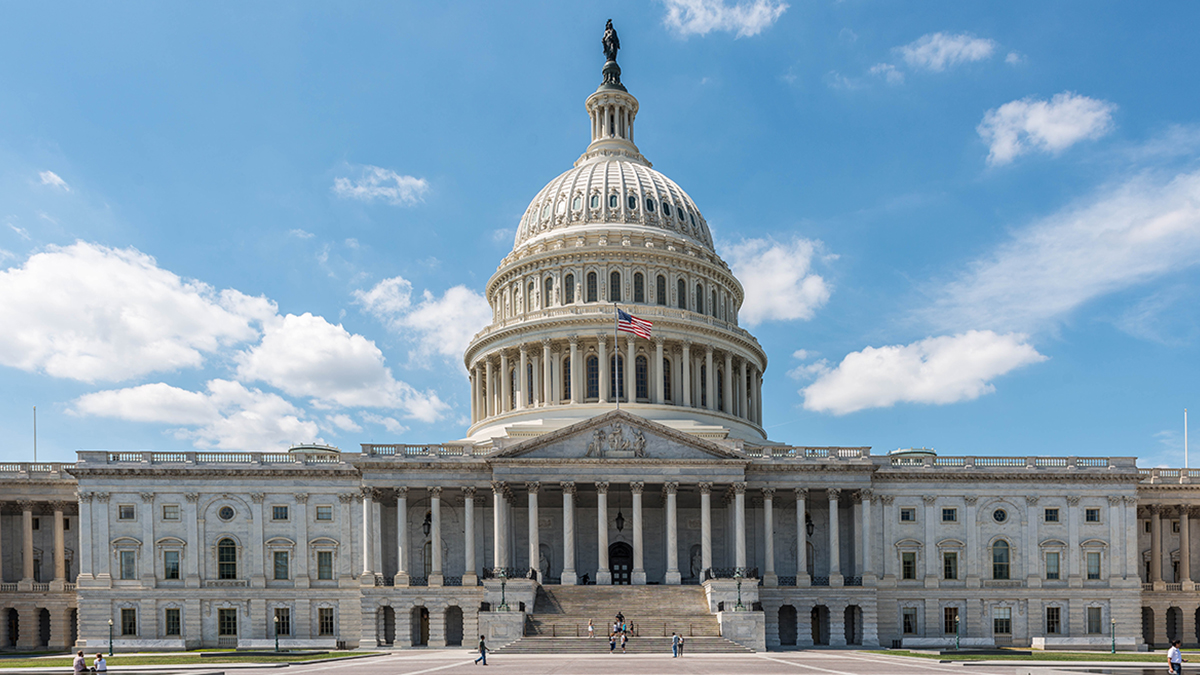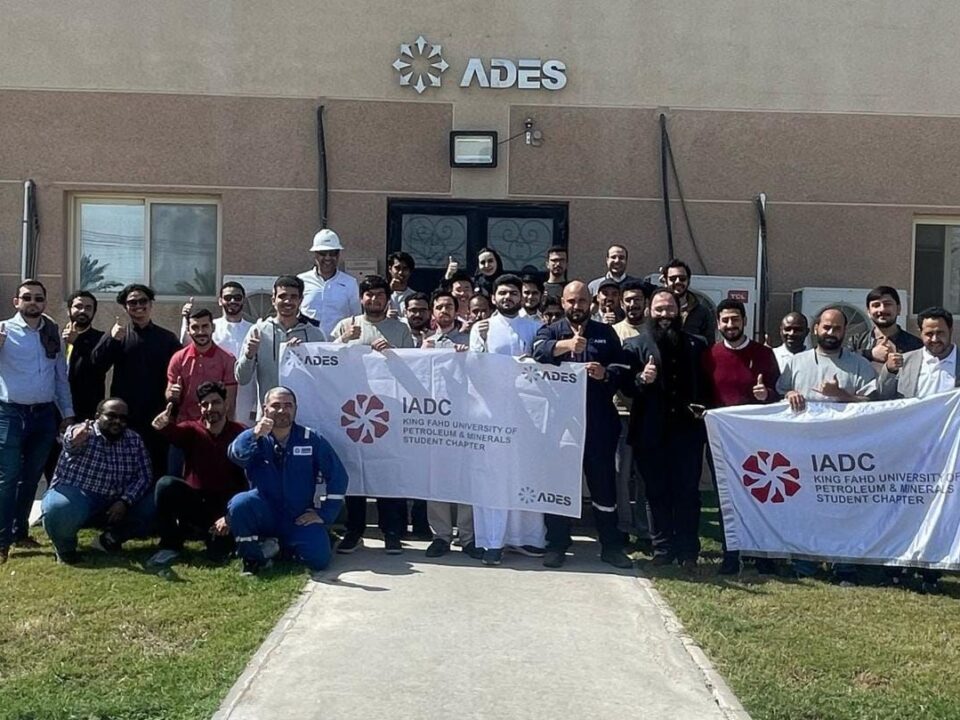White House
Earlier last month, President Biden gave a televised speech announcing the coming of a Federal vaccine requirement that would apply to over 100 million American workers. According to Biden, the Department of Labor’s Occupational Safety and Health Administration (OSHA) is developing a rule that will require all employers with 100 or more employees to ensure their workforce is fully vaccinated or require any workers who remain unvaccinated to produce a negative test result on at least a weekly basis before coming to work. OSHA will issue an Emergency Temporary Standard (ETS) to implement this requirement. This requirement will impact private sector businesses with 100+employees. Per DC-based law firm Clark Hill PLC, there is a wide range of provisions in the Biden Administration’s Action Plan which employers should be aware of:
- Intention to require vaccinations for employees of contractors that do work with the federal government
- Plan to require vaccinations for employees at healthcare facilities that receive Medicare and Medicaid reimbursement
- Action steps to keep schools open
- Attempting to make testing more easily available for employers and employees to use
- Providing continued loan support and PPP loan forgiveness for small businesses
Congress
Both the House and Senate are in full session, with all of Washington trying to work through several key legislative items that will largely make or break the Biden Administration’s agenda. With government funding running out in October and a maxed out debt-ceiling limit, Democrats are scrambling to pass a continuing resolution to fund the government while simultaneously negotiating a clean debt-ceiling increase bill with Republicans. As they control the White House and both chambers of Congress, Democrats can pass additional funding through the reconciliation process, but were hoping to pressure Republicans into supporting the measure as to provide political cover for moderate Democrats who could then afford to abstain from the vote. It now appears they must go it alone. This comes as Democratic leaders are in crisis mode trying to negotiate terms of the reconciliation package and bipartisan infrastructure bill between Moderate and Progressive members. With tensions now on full display, Pelosi and Schumer are scrambling to unite the party behind both efforts despite major concerns being aired by king-maker Sen. Joe Manchin.
Budget Reconciliation Update
The largest part of Democrats’ agenda under the Biden Administration consists of appx. $3.5 trillion in social spending and tax changes being pushed through the budget reconciliation process, which allows for simple majorities to pass revenue-altering legislation without the other party being able to filibuster. The entire plan is now up in the air, with documents leaking from Sen. Manchin last week indicating that he and Schumer originally agreed a $1.5 trillion bill with far less tax changes, and almost 0 on the oil and gas side.
With negotiations between Manchin and Leadership on reconciliation still in total flux, House Progressives have thrown an additional wrench in the machine by asserting to Pelosi they will only vote for the bipartisan infrastructure bill if the reconciliation bill gets a vote at the same time and isfor $3.5 trillion. As Moderates have largely hinged their support of reconciliation on the passage of infrastructure, which Pelosi promised this summer, the whole process for both bills is now contingent on the other bill, with Moderate and Progressive Democrats at war over scope, provisions, and dollar amounts. As of Friday, October 1, the infrastructure bill still had not passed. Pelosi will soon be forced to either extend negotiations for both bills, or hold a vote on infrastructure that forces Progressives to either hold their ground and vote no, or cave and vote yes.





